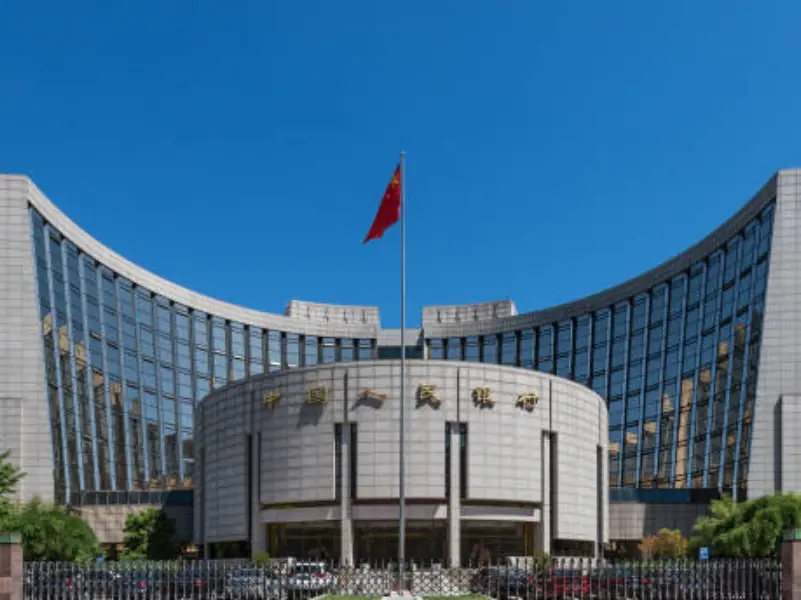- China plans to inject up to $142 billion into its largest state-owned banks to support the economy, the first such move since 2008.
- The funds will come mainly from special government bonds, reflecting the government’s urgent need to stabilise financial institutions.
OUR TAKE
China is looking at injecting up to $142 billion into its main state-owned banks as part of a wider economic stimulus plan to give its struggling economy a boost. This is the first time the banks have had capital injected since the global financial crisis in 2008. The top six banks are above the regulatory requirements for capital, but they’re under pressure to support the economy because their profits are falling and they’re seeing more bad debts. This could be a lifeline for the banking sector, but it also raises concerns about whether it’s sustainable in the long term.
–Heidi Luo, BTW reporter
What happened
China is poised to inject $142 billion into its largest state-owned banks in a major move to boost their ability to support the struggling economy. The funds will largely come from the issuance of new special government bonds, according to report from Bloomberg.
The move is notable as it marks the first time since the 2008 global financial crisis that Beijing has directly injected capital into its major banks. The banks in question, which include the Industrial & Commercial Bank of China and the Bank of China, have been under increasing pressure from regulators to offer cheaper loans, particularly to riskier borrowers such as property developers and local government financing vehicles.
Despite maintaining capital levels above regulatory requirements, the banks have seen record low profit margins and rising non-performing loans, prompting the government to take steps to stabilise the financial system.
Also read: China urges vigilance against Taiwanese cyberattacks
Also read: China’s cabinet approves new draft data security regulations
Why it’s important
The proposed capital injection underscores the Chinese government’s commitment to revitalising the economy, particularly in light of recent efforts to lower mortgage and benchmark interest rates.
According to Li Yunze, the country’s top banking regulator, the authorities aim to strengthen the core Tier 1 capital of the six major commercial banks, underlining the importance of maintaining adequate capital buffers in a challenging economic environment.
Historically, the Chinese government has stepped in to support its banks in times of crisis. This latest move follows a trend of capital injections during previous economic downturns, such as in the late 1990s and early 2000s.
As the sector’s net interest margins have shrunk to a record low of 1.54%, the urgency of this action becomes clearer. By strengthening the banking system, the government hopes to encourage lending and stimulate economic growth, while addressing the complex issues of rising debt and lower profitability in the sector.

